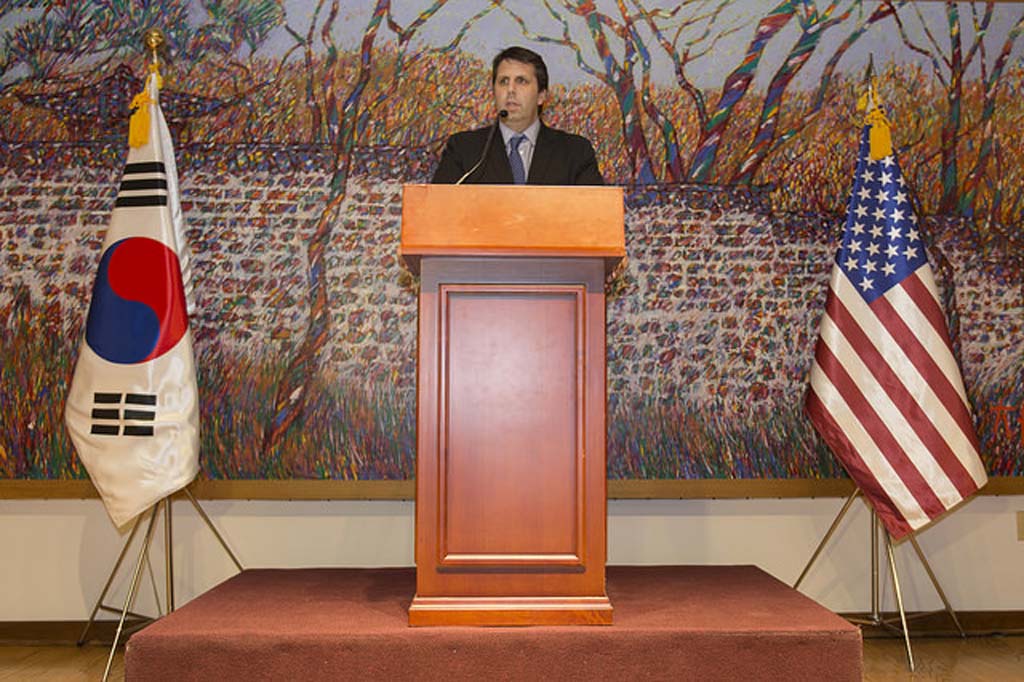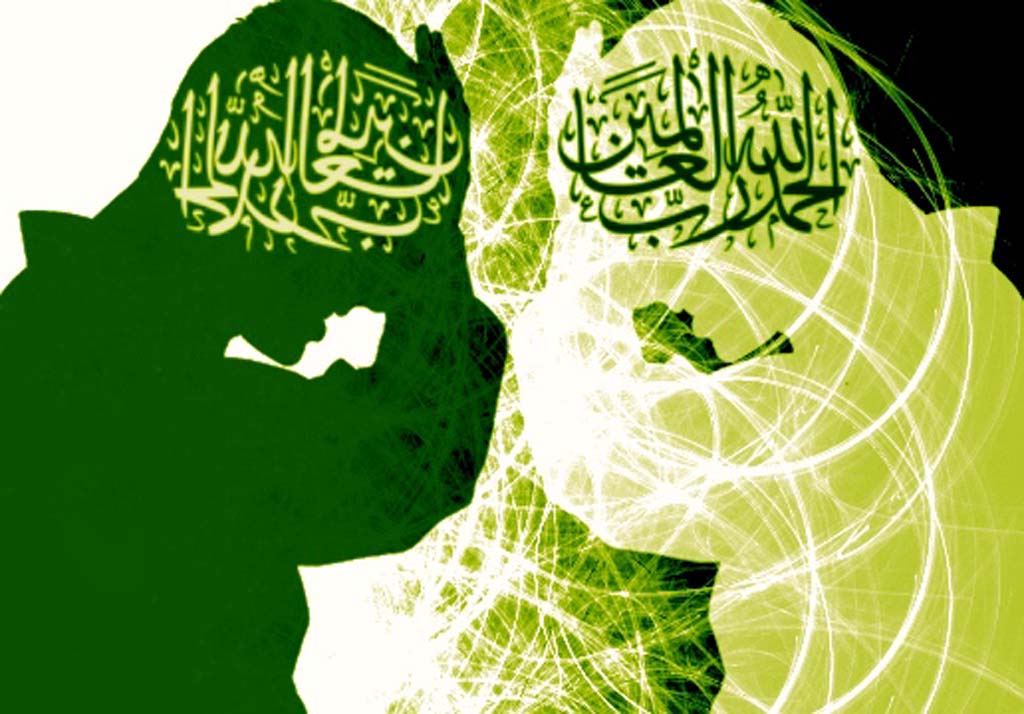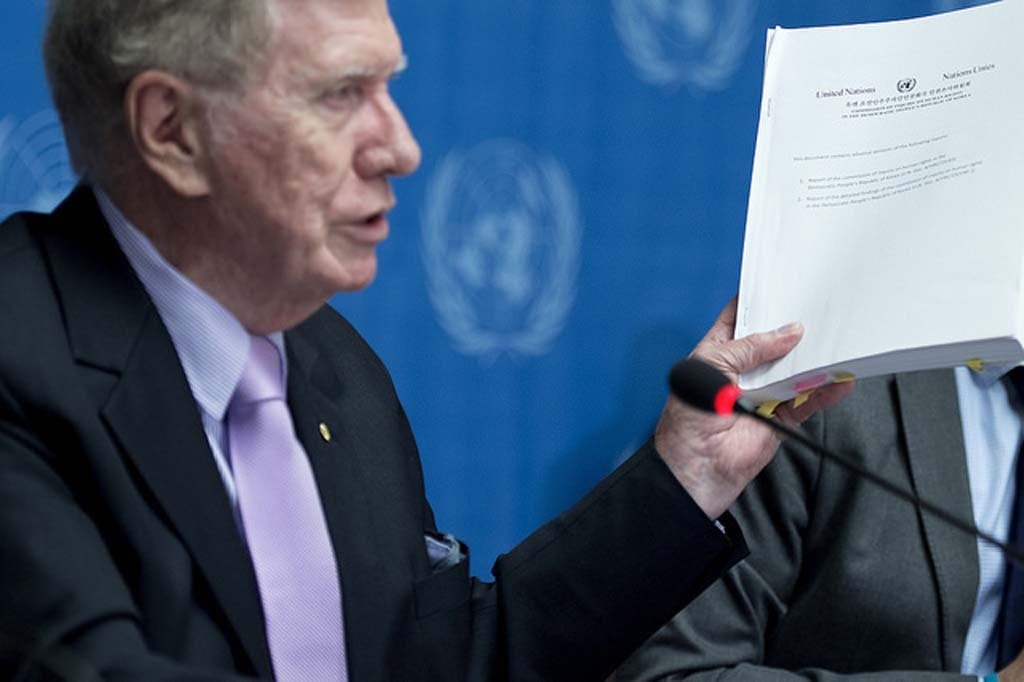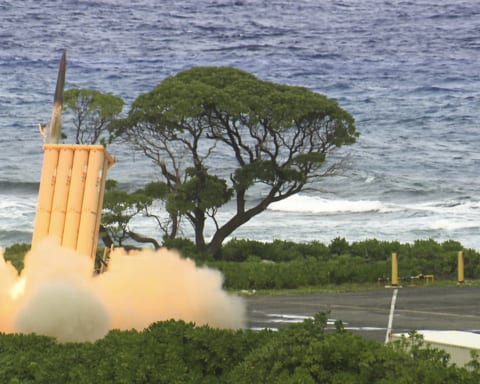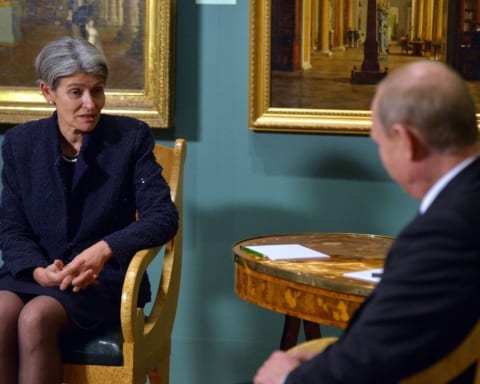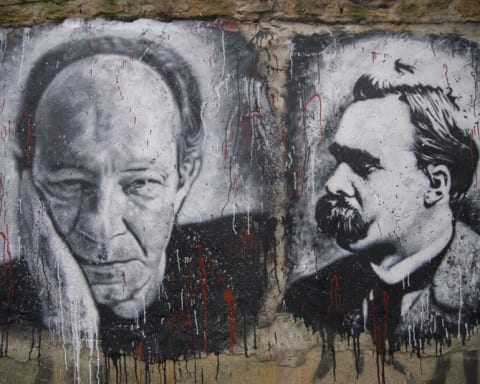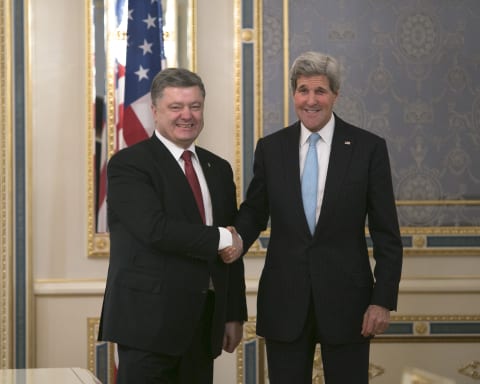Earlier today, January 27th, the Korea Times reported that the US Ambassador Mark Lippert reaffirmed the US’ support for the Murayama statement. The Murayama statement, released in 1995 by former Japanese Prime Minister Tomiichi Murayama apologizing for Japanese actions towards its Asian neighbors, is often pointed to as the official apology for Japan’s wartime aggression. Lippert’s remarks follow recent statements by Japanese Prime Minister Shinzo Abe. Abe seemed to indicate in a recent interview that on the upcoming 70th anniversary of the end of WWII his statements may differ from the wording used by past Japanese prime ministers.
At a time when the relations between Japan and Korea are as poor as they ever have been since establishing official ties, Abe’s remarks immediately drew the attention of the US. A close ally to both, the US relies on both countries for its presence in Asia and has so far preferred to avoid applying any direct pressure to the two countries in regards to their territorial and historical disputes. Lippert’s statement appears to be an indication of a heightened sensitivity to provocations that would threaten the uneasy relationship between the two democracies. Lippert seemed to try to preempt others from drawing this conclusion however, stating:
|
“Our [the US] role is not to mediate, to play a formal mediation role, but to encourage two great nations with two democratically elected leaders to come to a resolution on this.”
|
However, the fact that a statement of US support for the existing wording on the issue from an ambassador was seen as necessary would seemingly contradict the assertion that the US was not taking an increased interest in the trajectory of the two countries disputes.
The US is perhaps seeing its position between the two countries deteriorating and attempting to prevent further slipping. Recently, South Korea has signaled willingness to pursue a different course in dealing with North Korea, much to the perceived chagrin of the US. Japan’s position in relation to the US in Asia has also shifted, with its power in the region in decline causing doubt of the long term prospects of the US’ “cornerstone” in the region. In this context, Lippert’s statement can be read as an attempt to hold two increasingly independent countries together with the US as the center. Unfortunately for Lippert and those in Washington, attempting to do so without being willing to take the role of “mediator” may not be enough.
